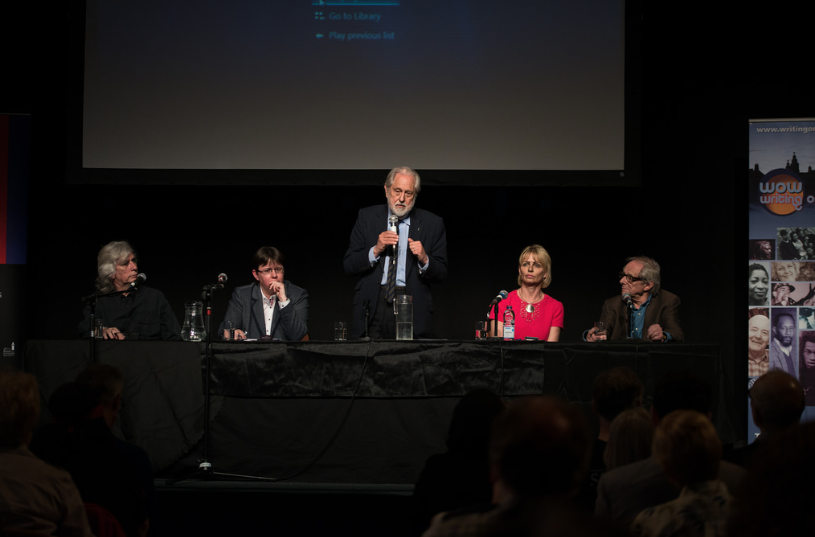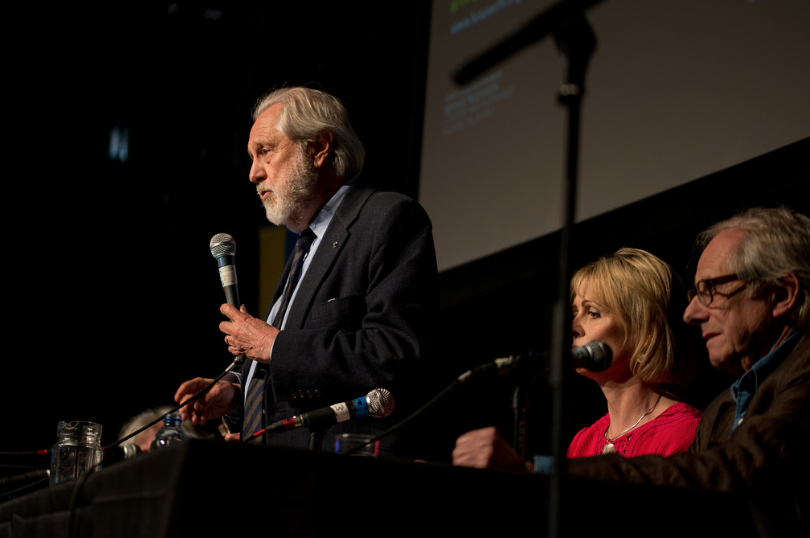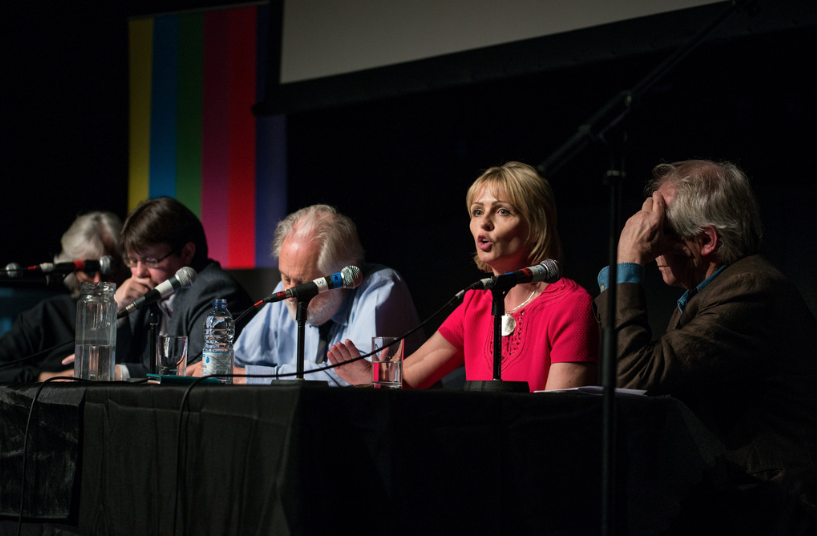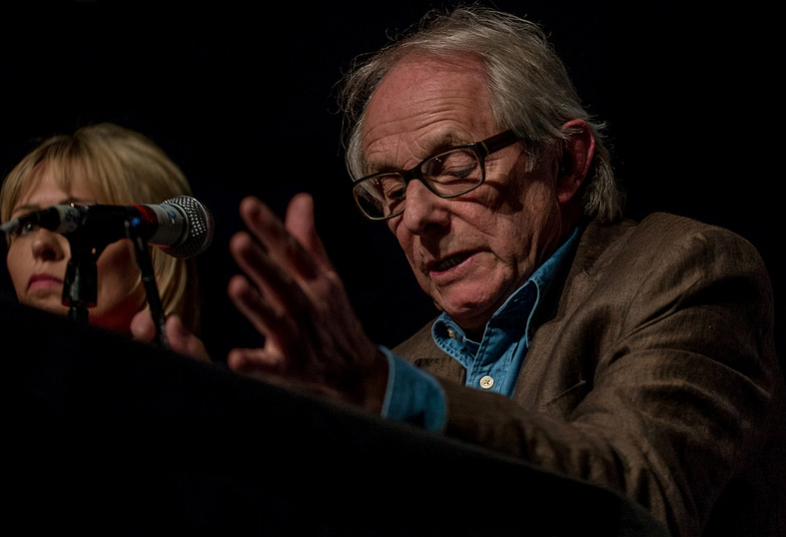Our Initial Response to BBC White Paper
The Inquiry welcomes those commitments in today’s White Paper that will provide the BBC with a degree of stability and confidence at a time of huge transformations in the media landscape. We remain, however, vigilant about the threats to its independence and its remit as a universal public service broadcaster.
An eleven-year charter extension will remove the decision-making process about the future of the BBC from the electoral cycle and will create a space in which to debate and discuss how the Corporation can best respond to ongoing changes in distribution and consumption.
We accept that a new system of governance is necessary and believe that, if properly constituted, a unitary board is likely to serve licence fee payers more adequately than the existing setup.
We are particularly pleased to see that the government has chosen to enshrine diversity as a core purpose of the BBC and we look forward to the development of concrete measures, underpinned by dedicated funding, that will transform both the employment prospects and representation of all minority communities. While welcoming the commitments in the White Paper we would also underline that the issue of diversity extends to all those with “protected characteristics” and we would like to see this reflected in the revised Charter.
We also welcome the commitment to investment in the future of the industry through the emphasis on the BBC supporting the development of skills training.
We believe, however, that the white paper represents a missed opportunity to develop a robust framework for ensuring the BBC’s independence. In the light of recent experience in other European countries where governments have put undue pressure on public broadcasters, it is vital that both editorial and operational decision-making are totally insulated from the interests of the government of the day. We believe that the involvement of government in the appointment of up to half of a new and powerful unitary board – including the chair and deputy chair – will not inspire public confidence and is not a sufficient guarantee that the government, in the words of the culture secretary, will “ensure [that] the independence of the BBC is beyond doubt.”
We would like to see an appointments process that is meaningfully independent of government and that is not contaminated by the possibility of political or personal patronage. Licence fee payers need a Board that is both free of government intervention and one that is committed to holding the BBC to account where necessary.
We are also concerned that Ofcom has been tasked with assuming overall regulatory functions. Given its existing duties which include competition issues, it is very well placed to assess the impact of BBC services on the wider media market and it has huge experience in arbitrating complaints. It is vital, however, that Ofcom is now provided with a regulatory remit that protects the BBC’s unique position as a universal public service broadcaster and prevents its rivals from vexatiously calling for sanctions on the basis that the BBC is not ‘distinctive’ enough – a phrase that runs throughout the white paper – or that it is treading on their ‘turf’.
One area in which this may become apparent relates to the BBC’s commitment to innovation and we are especially concerned that this commitment would appear to be under threat with the removal of the sixth public purpose: that of developing new technologies in the public interest. We feel that the BBC has made a huge contribution in the field of innovation – from the development of colour TV to the iPlayer more recently – and we would strongly argue that this purpose should be retained. As framed, the sixth purpose clearly extends beyond Digital Switchover (DSO) and it is therefore somewhat disingenuous to claim that the reason for the removal of this purpose is that DSO has now been “successfully completed.”
The White Paper acknowledges the need to increase accountability to the nations of the UK but there is little detail about how representative voices from across the nations and regions of the UK can more fully participate in the governance and the regulation of the BBC.
Above all, we remain mindful that the BBC still faces serious challenges. Despite the agreement to link the licence fee to inflation, the BBC will still be required to make huge savings over the next few years – savings that will inevitably have a negative impact on its ability to provide high quality content to all its audiences. Let us not forget that these cuts are largely the result of a licence fee settlement in 2015 that required it to pay for over-75s’ TV licences. This settlement was far from transparent – and was not subject to any parliamentary oversight – and it is far from clear how the new process for setting the licence fee will ensure that this is never repeated. The White Paper firmly rejects the proposal that the licence fee should be set by an independent body although it does now provide, at least, for limited parliamentary scrutiny of the government’s funding plans.
We intend to raise many of these points in the discussion of the white paper that will now take place and will produce a full analysis of how best to secure a thriving public service media landscape in the UK when we report on June 29th.




